Description
A roller mill is a type of milling machine used in the processing of grains and other materials. It consists of two or more cylindrical rollers that rotate in opposite directions and crush the material between them. Roller mills are commonly used in the agricultural and food processing industries to produce various products such as flour, cereal grains, and animal feed.
Key Features of a Roller Mill
- Roller Configuration: Typically, roller mills have two or more cylindrical rollers that operate either horizontally or vertically, depending on the design and application.
- Adjustable Gap: The distance between the rollers, known as the roller gap, can usually be adjusted to control the fineness of the product being milled.
- Feed Mechanism: Material is fed into the roller mill through a hopper or chute and is drawn between the rollers by friction and compression.
- Grinding Action: As the material passes between the rollers, it is subjected to crushing and shearing forces, resulting in size reduction.
- Output Mechanism: Processed material exits the roller mill through a discharge chute or spout, ready for further processing or packaging.
Benefits of Roller Mills
- High Efficiency: Roller mills can achieve high throughput rates and produce consistent particle sizes, making them suitable for large-scale production.
- Versatility: They can process a wide range of materials, including grains, oilseeds, and even industrial materials like plastics and chemicals.
- Controlled Particle Size: The adjustable roller gap allows for precise control over the final product’s particle size distribution.
- Reduced Heat Generation: Compared to some other milling methods, roller mills generate less heat during operation, preserving the material’s quality and nutritional value.
Applications of Roller Mills
- Flour Milling: Roller mills are widely used in the production of flour from wheat and other grains, producing various grades of flour for baking and other culinary purposes.
- Feed Milling: They are used to process grains and other ingredients into animal feed pellets or meal for livestock and poultry.
- Industrial Applications: Roller mills are also utilized in various industrial processes, such as the production of chemicals, pharmaceuticals, and plastics.
Maintenance and Operation
- Regular Cleaning: Routine maintenance, including cleaning and lubrication, helps ensure optimal performance and longevity of the roller mill.
- Roller Adjustment: Periodically check and adjust the roller gap to maintain desired product quality and throughput.
- Safety Precautions: Follow safety guidelines when operating and maintaining roller mills to prevent accidents and ensure operator safety.
In summary, roller mills are versatile machines used for efficient size reduction and processing of grains and other materials in various industries, offering benefits such as high throughput, controlled particle size, and versatility in applications.
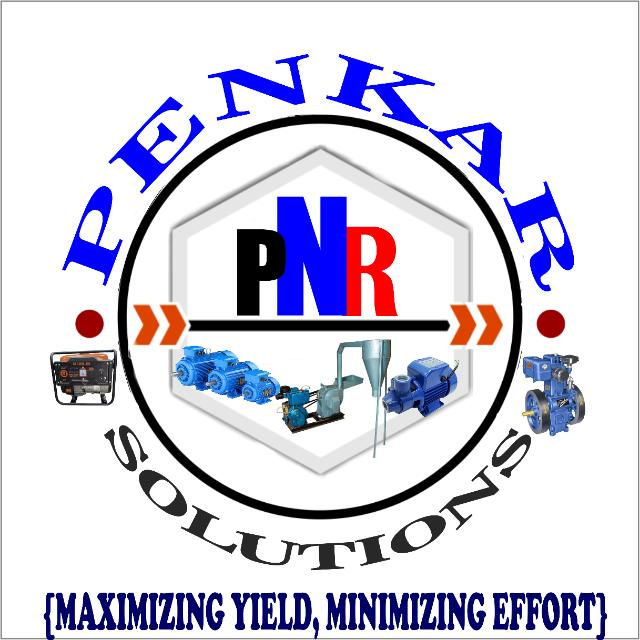
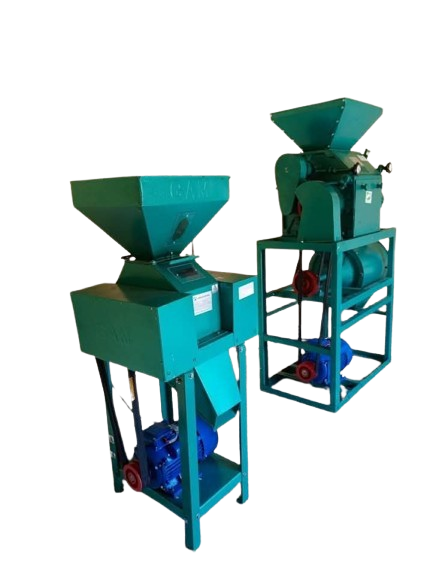
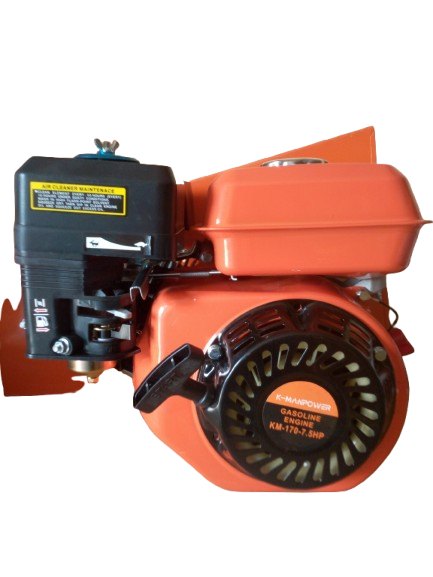
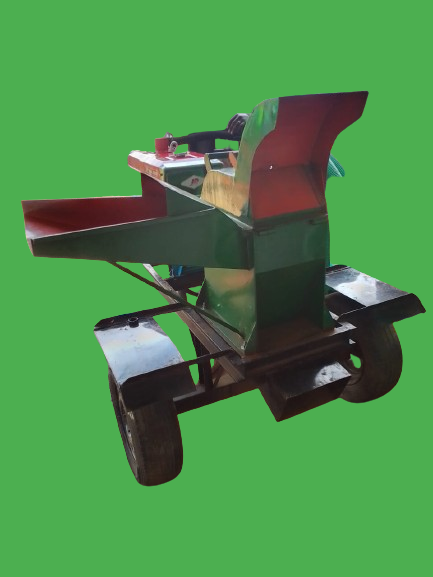
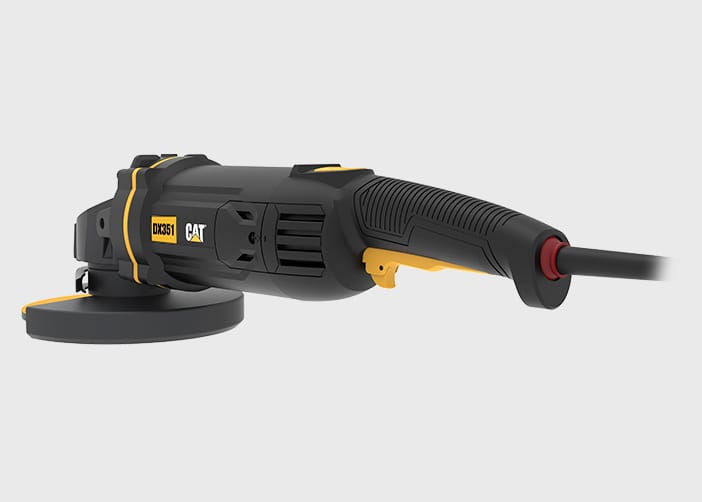
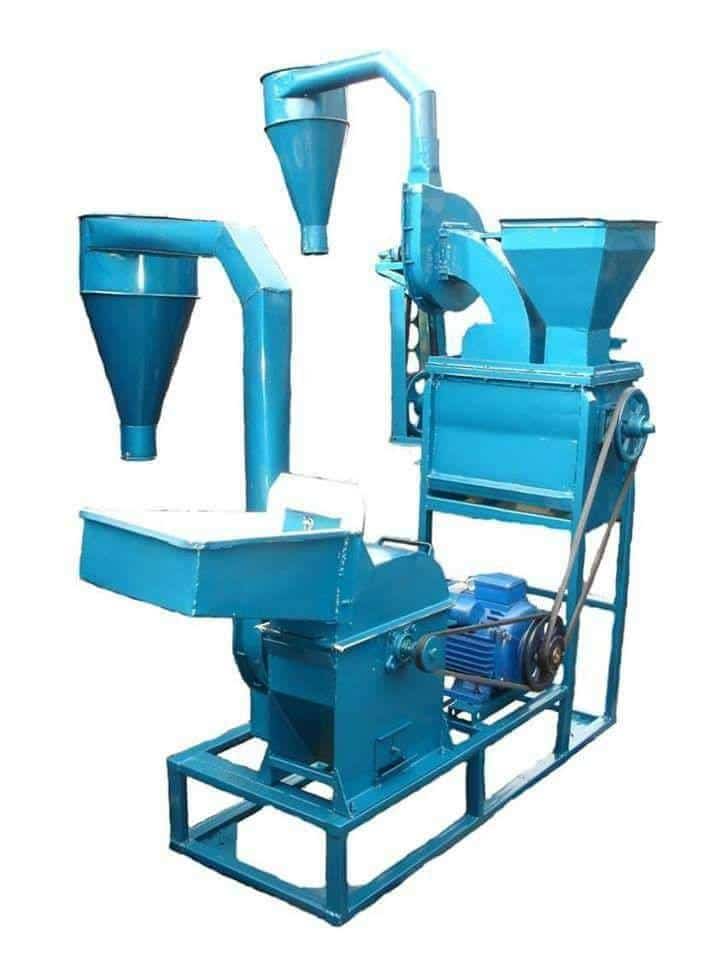
Reviews
There are no reviews yet.